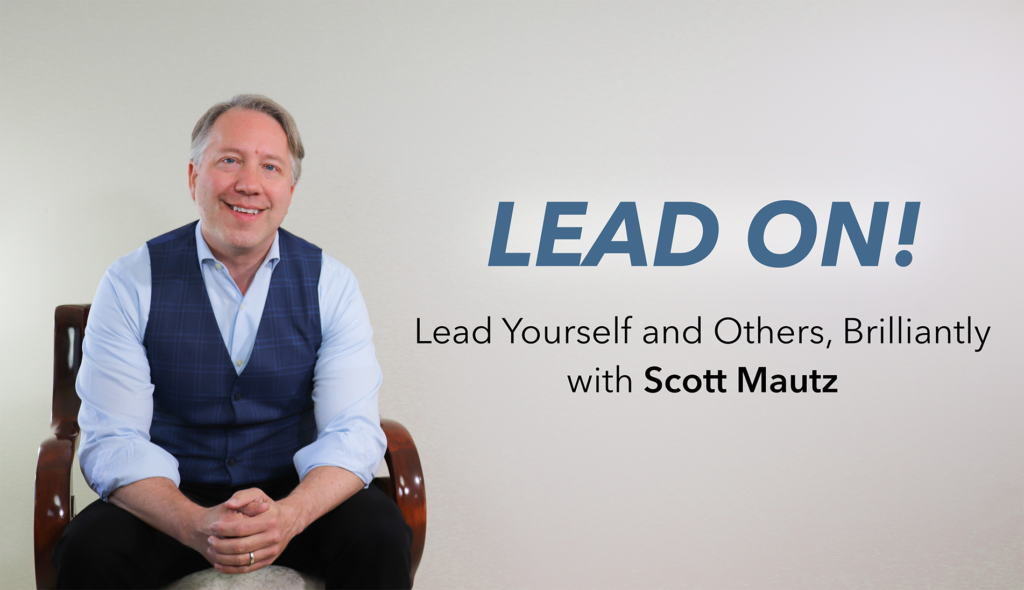
INSIGHTS (on leadership/self-leadership)
Self-awareness requires introspection, that is, reflecting on how others see and relate to you. But introspection is not without its flaws and limitations, as research from the American Journal of Psychology shows. Introspection can spur self-doubt, causing you to catastrophize and negatively distort the reality of how people are really seeing you. You can end up rehashing the same memories over and over, drawing conclusions from a narrowed point of view (what psychologists call the “echo-chamber effect”). Your perfectionism can kick-in, causing you to inflate minor flaws about yourself that no one else sees. Your self-reflection can quickly turn to self-judgment. If you really want to understand how others see and relate to you, it requires being brave and actually seeking out feedback from others. Then, yes, you reflect on that feedback, but not incessantly and while being careful not to distort it. Sort out the nuggets of truth that will lead to self-improvement, and accept that you, like every other person on the planet, are a work in progress.
IMPERFECTIONS (a mistake I made)
Here’s a mistake I made in my corporate career, at, frankly, a seniority level when I simply should have known better. I wasn’t in a good work situation. I wasn’t getting any support from my boss, the business had hit speed bumps not of my doing, and finger pointing, excuse-making, and lack of integrity were rampant. I was frustrated, and, here’s the important unwritten rule I wasn’t following: bring the attitude you want reciprocated. I went through a period where I was wearing my frustration on my sleeve, openly sharing unhelpful exasperation with employees. I forgot that as a leader, you live in a fishbowl, with everyone watching your every move, on every side. I forgot how many take cues from their leader, and how much the leader’s attitude, whether good or bad, sweeps up those around him or her. It took someone pulling me aside to remind me of that. My shared lesson is not to be a robot that suppresses any visible emotion around the troops or to spew toxic positivity. Just to be diligent in remembering that your attitude has a profound impact on your team’s altitude.
IMPLEMENTATION (one research-backed strategy, tip, or tool)
We adapt and learn best when we’re at our most resilient. Easier said than done, though, especially in environments of never-ending change. Practice these 6 Resilience Reflections to strengthen your resilience (especially in the face of change).
1. Drop the victim mentality. You play the victim when you believe you have no control over outcomes, that you’ve been irreparably wronged, and when you’re stuck in “It’s not fair.” The underlying belief is: “I’m powerless,” which yields debilitating learned helplessness and inaction. Regarding the impacts of change, ask yourself: “Do I just want the impact to change, or will I work to change the impact?”
2. Find the agreeable adversity. Change brings adversity, yes, but not all of it is disagreeable. To find the agreeable adversity, of the change ask yourself: “Where’s the good in this?”, “What possibilities does this present?”, “How might learning and growth happen?”
3. Don’t fly solo. Resilience is a group activity. Lean on your support network. List who’s on it and ask yourself, “How might they help me manage stress, solve challenges, diffuse tensions, or identify opportunities?”
4. Let your anchor steady you. Uncertainty accompanying change drains your sense of control. You regain some control when you re-anchor by considering what WON’T change in change– your values. Keep your values top of mind while upping your tolerance for ambiguity. Ask yourself, “What are my three most closely held, non-negotiable values? How might I live these every day?”
5. Remember the Attitude Anthem. “Life is 10% what happens to you, 90% how you react to it.” When lamenting the impacts of change, ask yourself, “Will this change weaken me to the point of ruin or make me stronger in some ways? Will it cause irreparable damage or is it a setback I can recover from? Will it cause others to truly doubt me or just me to doubt myself?”
6. Remember the Gratitude Anthem. “You are enough. You have enough.” In change, ask yourself: “What am I truly losing?” (without exaggerating), and “What are three things I have to be grateful for?”




Leave a Reply